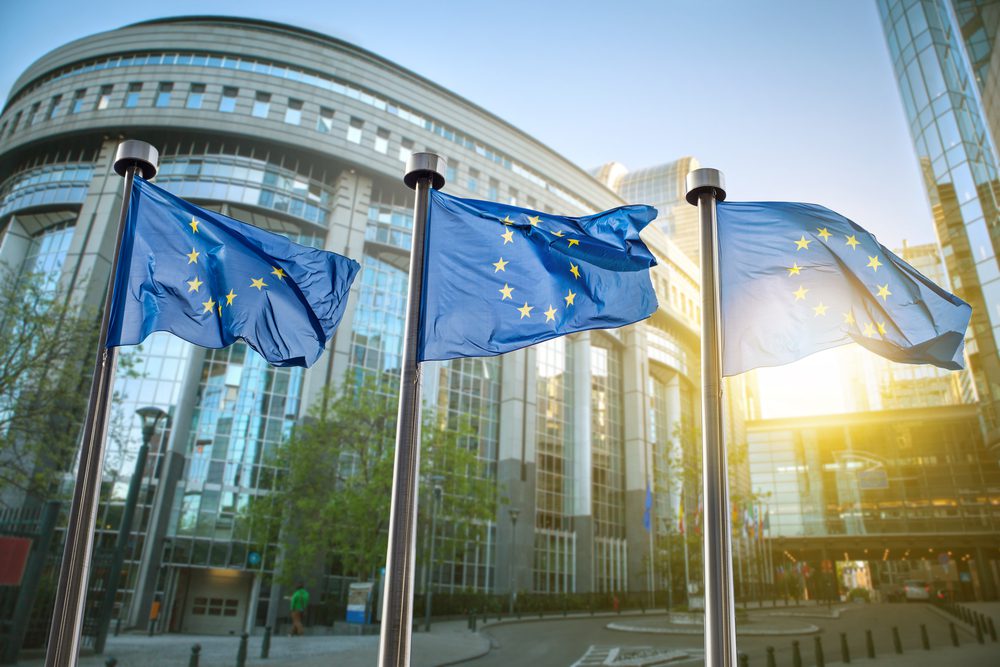Companies going ‘green’ but only on paper? Not anymore, at least in the EU. In an effort to clamp down on misleading ads and phony environmentalism, a proposed law in the European Union will require companies to provide evidence to verify their green claims.
The proposal, drafted by the European Commission but yet to be published officially, targets companies who misleadingly advertise their products or services as ‘climate neutral’ or ‘made with recycled materials.’ Upon becoming law, the document will force every company to adequately substantiate their green labels or promptly remove them.
According to the proposal, those showing off a net positive environmental impact must also disclose any negative impact their product might have. Vague promises of a greener future? These must now be accompanied by milestones to achieve by specific dates. If a company makes money on appearing environmentally friendly or vowing to become carbon neutral eventually, it is only fair if they can be, in fact, held to their word.
“By fighting greenwashing, the proposal will ensure a level playing field for businesses when marketing their greenness,” the draft stated. However, fair market regulation was not the only directive of the Commission’s draft. According to the document, another intended effect of the law is to help consumers identify truly eco-friendly brands as well as give proper credit to firms that deserve their environmental labels.
Enforcing the law would fall under national jurisdictions. Each EU country would have to establish its own system to verify green claims and to impose penalties on those who fail to comply. In this sense, the verification processes might differ in each member state; nonetheless, the Commission is prepared to issue proper guidelines. The affected companies will have to prove their claims against a science-based, standardized methodology framework, branded ‘Product Environmental Footprint,’ which measures positive—and negative—ecological impact across 16 different categories from air pollution to overall ‘climate change.’
The need for such legislation is becoming increasingly obvious. Environmentalism is an issue that is gaining more and more sympathy among Europeans and it has begun to transform basic consumer preferences and, in turn, entire business sectors. In short, going green can be massively profitable (as one body of research shows that green initiatives grow businesses 28 times faster than average companies). The problem, of course, is that so is greenwashing.
In its 2020 assessment, the European Commission found that more than half the companies proudly displaying their green labels were, in fact, engaging in some form of greenwashing. According to the draft, out of the 150 claims the Commission examined, 53% provided “vague, misleading or unfounded information about products’ environmental characteristics.” It also noted, that “climate-related claims have been shown to be particularly prone to being unclear and ambiguous and to mislead consumers, amounting to greenwashing.”
Critics of the proposal often cite potential overlaps with already existing legislation (over, for example, unfair commercial practices), and say that the law would only increase administrative burden while failing to reach the desired outcome. “The EU should avoid unproductive regulatory fatigue,” Business Europe stated.





